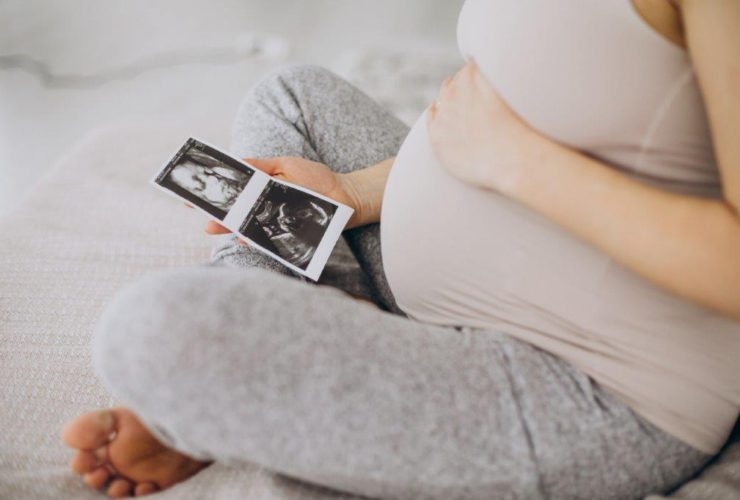Non-invasive prenatal screening (N.I.PS test) has been available to Australian women through their Private Obstetrician for more than three years and has revolutionised the way to screen for conditions such as Down’s Syndrome. The test was initially processed in California for a fee of nearly $2000 per sample. Now the test is completely processed here using the same advanced the technology with results available usually within five days for approximately $450.
NIPS is one of the most complex technological and accurate tests in medicine currently. It involves a blood sample from the mother after 10 weeks gestation after a previous ultrasound to confirm the number and viability of the fetus. The mothers blood contains cell free DNA from both herself (the majority) and the baby’s placenta. The DNA is floating freely in the blood from a process of natural cell rupture. Approximately 3-10% of the free DNA belongs to the fetal placental origin. This fetal DNA is smaller in size and can be separated by complex scientific equipment for analysis. NIPs testing for Downs Syndrome and other related genetic abnormalities involves a volume based analysis of the ratios of the 23 different types of human DNA pieces and the sex chromosomes X and Y. The test will therefore also report accurately the sex of the fetus from 10 weeks gestation! A triple copy of number 21 Chromosome results in Downs Syndrome. The NIPS test will detect more than 99% of Down’s Syndrome affected fetuses, and have similar sensitivity for other genetic conditions it currently screens for, including Edwards Syndrome and Patau’s Syndrome. It will detect many other DNA quantitative abnormalities, but does not currently screen for other well-known conditions such as Haemophilia, Cystic Fibrosis or Fragile X Syndrome.
Screening for Down’s syndrome for the previous 15 years has been performed by a risk assessment method. This involves two biochemical markers in the blood being measured at 10 weeks gestation, the age and past history of the mother, and the ultrasound measurement of the fetal neck fat thickness at 12 weeks gestation. This is reported as a result such as 1:1500 chance of Down’s Syndrome. The biochemical risk assessment detects 93-95% of Down’s syndrome. Comparing the biochemical test to the new NIP’s test leads to the finding that the NIPs test is superior in the detection of Down’s Syndrome and only marginally less sensitive than the invasive amniocentesis which is still available as a test for confirmation.
Occasionally the NIPs test cannot be utilized because of a demised twin being present which contaminates the DNA in the mother’s blood. However, it can be utilized in twin pregnancy, IVF pregnancy and donor egg or sperm pregnancy.
Results return to my office from the laboratory daily and my midwives will call you with results and ask you whether you wish to know the sex of the baby. This has been an exciting new development in caring for couples in their journey to establishing their family. If you have more queries, please call my office and talk to my midwives who will be more than happy to assist.
FAQ’s
Prenatal Screening
Every pregnancy has a small chance of a baby being born with a genetic condition. Prenatal testing occurs during pregnancy for some of these conditions but not all. This screening is available to provide you with more information about your unborn baby. Prenatal screening is optional and generally occurs in the earlier stages of pregnancy.


